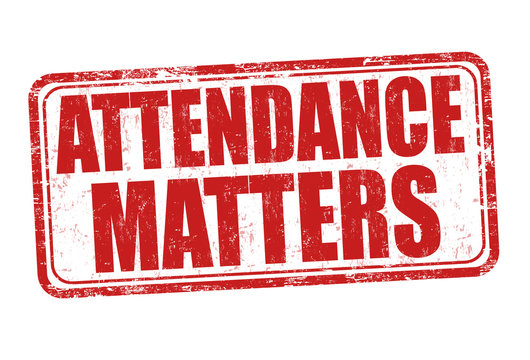Northwest High School (NWHS) has come up with a new attendance policy for the Senior class. Teachers are using this approach to minimize the rise of student absence in school.
This policy is aimed towards the seniors at NWHS due to a condition called “Senioritis.” Senioritis is when seniors dread going to school and skip regularly because they are ready to graduate and be done with school.
Recently graduated classes have set a precedent of missing school regularly, causing administration to establish new rules towards senior attendance. This protocol was put into action at the beginning of the 2024-2025 school year, setting strict expectations for the upperclassmen.
When seniors miss 18 or more days of school that are unexcused, they will be unable to participate in the activities held for seniors on the last week of school such as project graduation, decision day, honors, and walking across the stage.
“It’s been a long time coming,” said Vice Principal Amanda Anspaugh. “I would say about ten years ago is when we started researching all of the county schools in Jackson and what their senior attendance policies were.”
Anspaugh discussed the challenges with trying to introduce the new policy, explaining how over the years certain events have postponed the policy.
“COVID hit around the point where we were getting ready to implement our new senior attendance policy,” said Anspaugh. “It kind of threw us off, and we had to go in a bit of a different direction. We hoped that after COVID, students’ attendance would get better, but data showed that that was not the case.”
COVID has had a major impact on student attendance across the board.
“When we continued to pull our attendance data after COVID for four years, it wasn’t getting any better, it was only getting worse,” said Anspaugh. “And so, at that point, we had over 400 students that were deemed truant, which means that it is against state law to not attend school once you hit ten days absent, which is almost half of our population of unexcused absences.”
With students missing school often, it is hard to judge how their education is being impacted by that decision.
“We have had some seniors that had missed half of their senior year, but still got A’s and B’s,” said Anspaugh. “It is really hard to make that connection when we are signing their diplomas when students don’t attend school.”
“As a senior class principal, they’re the students I have tracked since freshman year, so I was having a really hard time saying they are college and career-ready when they are not attending school,” said Anspaugh. “Internally it was something that I never loved. It wasn’t a great feeling giving a student a diploma when they weren’t attending school regularly.
If a student has 7 or more unexcused absences in any course per trimester, that student will still get credit for that class, but receives a zero for the course’s GPA (Grade Point Average). Even if you have all A’s, you will receive a zero for that course’s GPA.
Colleges don’t necessarily look for attendance when looking through a student’s transcript, rather they look for GPA. When a student has a zero for their GPA in a course due to attendance, administration weighs that with the rest of the student’s transcript.
Once a student applies to a university or college, the college’s admission staff will look into the student’s GPA and transcript to try and get an overview on how the student’s participation levels are.
Jackson college, for example, stated that they do not consider attendance when admitting students. They instead are looking for the student to have a qualifying GPA. This does not mean students don’t need to attend school to get into a college; this policy will affect a student’s overall GPA over time with attendance.
Attendance is a major factor in being successful further on in life, not just at school. While education is important, attendance is also a major factor of everyday life which will affect the future depending on a person’s rigor and dedication.


